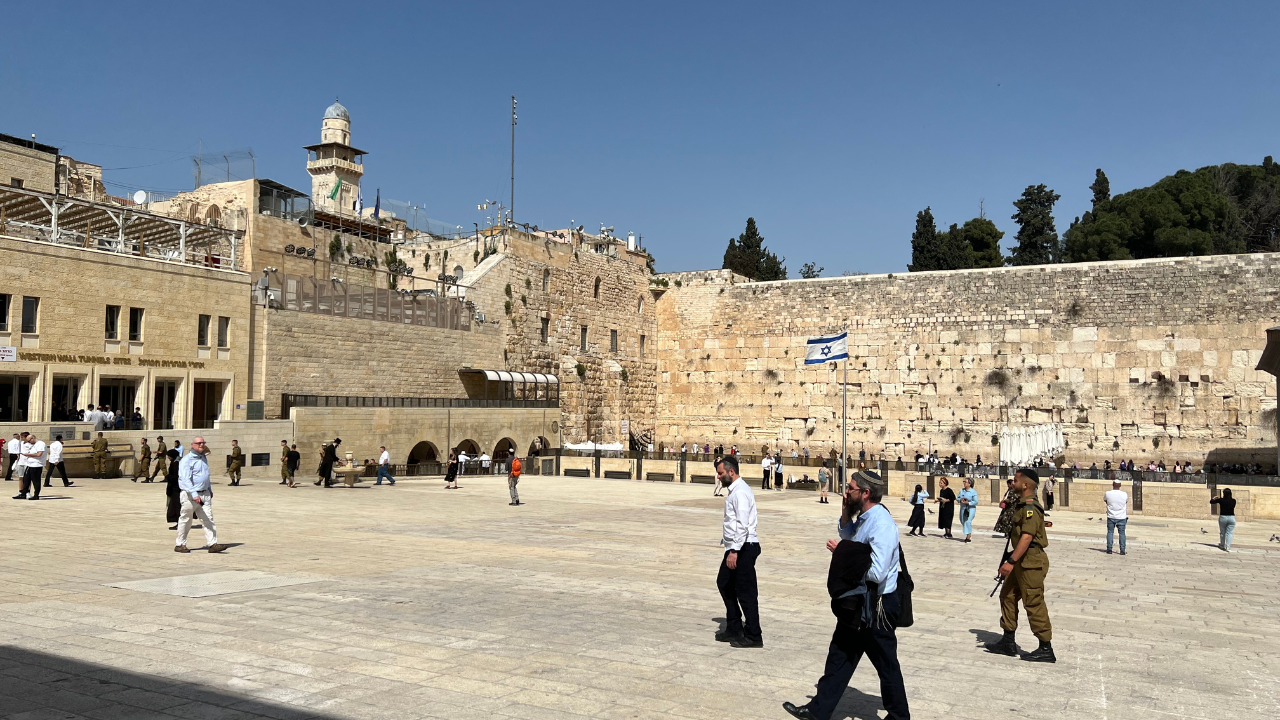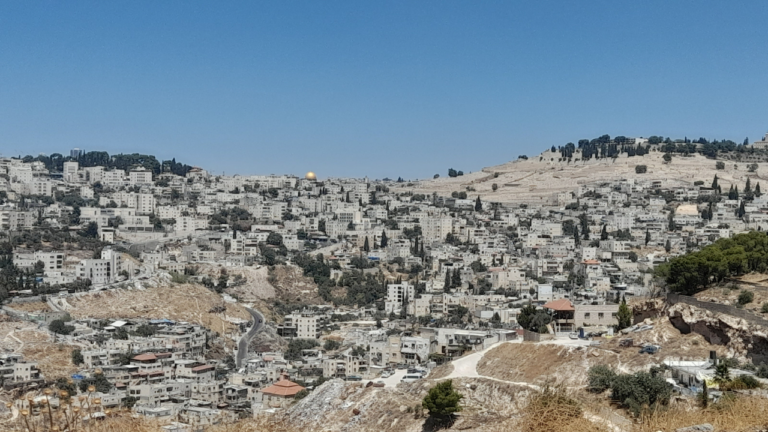A Pathetic Shadow
The Gemara Sotah (14a) famously asks why Moshe Rabbeinu so desperately desired to enter Eretz Yisrael:
Rebbi Samlai taught: Why did Moshe Rabbeinu desire to enter Eretz Yisrael? Did he need to eat from its produce, or did he need to satisfy himself from its goodness? Rather, this is what Moshe said, “Many mitzvot were commanded to the Jewish people, and some of them can only be fulfilled in Eretz Yisrael, I will enter the land in order that they can all be fulfilled by me.” HaKadosh Baruch Hu said to him, “Do you ask in order to receive reward (for performing these mitzvot)? I will consider it as if you have performed them.”
This Talmudic passage is quite strange, but one question particularly stands out. Of all the Jews in history, the last person I would accuse of being preoccupied with his own reward is Moshe Rabbeinu. As the Torah itself attests, Moshe was the most self-effacing and selfless leader that humanity did and ever will produce. His self-sacrifice on behalf of Klal Yisrael, to the point of endangering himself physically and spiritually in confronting the Ribbono Shel Olam on their behalf, is unparalleled. Moshe doesn’t seem to be the reward-accruing obsessed Jew who is preoccupied with sechar.
To understand this Gemara Sotah, we need to have a more mature and sophisticated understanding of what sechar, heavenly “reward” really means. As the Maharal explains at length (see his magnificent sefer, Tiferet Yisrael), sechar really means sheleimut, wholeness and spiritual maximalization. With each mitzvah that is performed, a person achieves a higher degree of spiritual completion and deveikut with the Almighty. Sechar mitzvah isn’t about racking up points on a scoreboard in heaven. The “reward” of a mitzvah is really the natural consequence of someone purifying himself and achieving higher levels of deveikut. It is the spiritual bliss that unfolds from a life well spent in purity and sanctity.
Moshe’s acute desire for mitzvah performance was due to his desperation to achieve total sheleimut and deveikut to HaKadosh Baruch Hu. As pointed out by the Shem MiShmuel, most Jews cannot perform all 613 commandments alone. A yisrael cannot fulfill the mitzvot of a kohen and a kohen cannot be a king. But Moshe was able to perform most mitzvot by himself; he temporarily served as the kohen gadol and was a makeshift king. On the cusp of entering into Eretz Yisrael, the prospect of total connection to Hashem was within his reach. Seeing his pure intentions, Hashem rewards His loyal servant with the natural consequences of the mitzvot that Moshe wouldn’t be privileged to physically perform.
Why am I writing about this? Because it is particularly this time of year that I am annually reminded about how pathetically incomplete the Jewish people are without Yerushalayim standing in her full glory. We sit at our sedarim with excitement, anticipating this beautiful night filled with so many mitzvot, only to be reminded how little we have. The matzah is sublime and wonderous, yes. But that zeroa sits as a painful reminder of what is supposed to be the centerpiece of our meal, and our avodat Hashem. The karban Pesach is gone. The bitter marror, over which we say so many divrei Torah, is only a rabbinic commandment when the Beis HaMikdash is absent. And that egg sitting on the table reminds us of the delightful karban Chagiga, also no longer present. While Hallel in our shuls may be wonderful, it pales in comparison to the magnificent hallel of the leviim in the Beis HaMikdash while bringing the karban Pesach and mussafin. A night that should be filled with mitzvot, sheleimut, and deveikut feels awfully…lacking.
Along comes sefirat ha’omer, another mitzvah which is possibly only rabbinic in times of churban. And we begin to count towards the sublime karban of the shtei halechem which is supposed to be brought on Shavuout, with the painful prospect of another year in which no karbanot will be brought on the culminating fiftieth day. Another year without the mussafin, shalmei hachag, olot reiyah, and karbanot chagigah.
This Pesach, as too many precious Jews sit in pain and suffering, we should remind ourselves that Klal Yisrael is incredibly lacking. We are a pathetic shadow of what we can and should be. Without Yerushalayim, we are incomplete and broken. Our tefillat mussaf should be recited carefully and desperately, the prayers heartfelt and real. “We cannot ascend to appear and to prostrate ourselves before You, and to perform our obligations in the house of Your choice…Compassionate King, have mercy on us!…rebuild Your house as it once was…show us its rebuilding and gladden us in its perfection.” May the pathetic shadow be enlightened by the shining sheleimut of the Jewish people in the perfect Jerusalem, speedily in our days.



